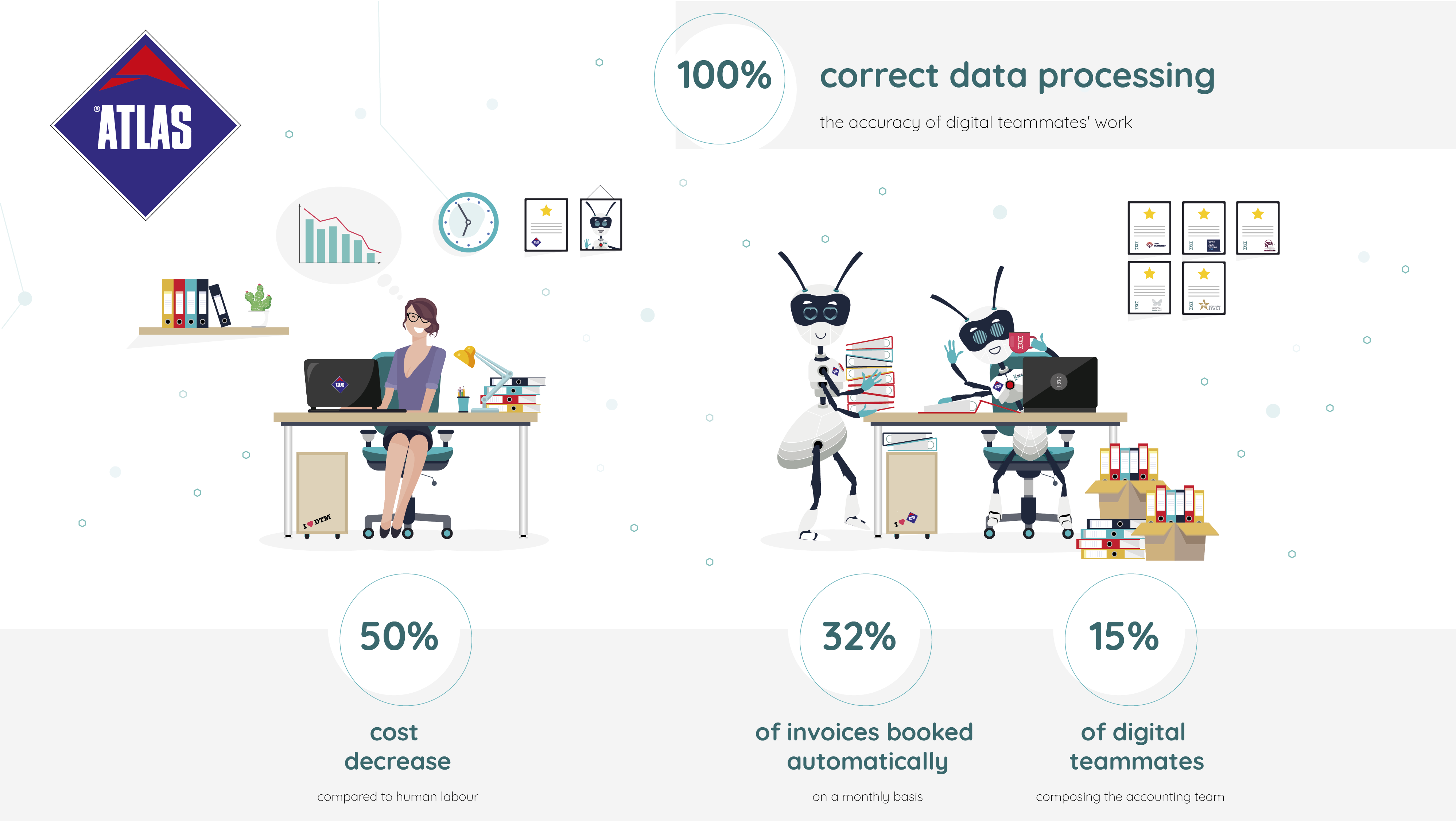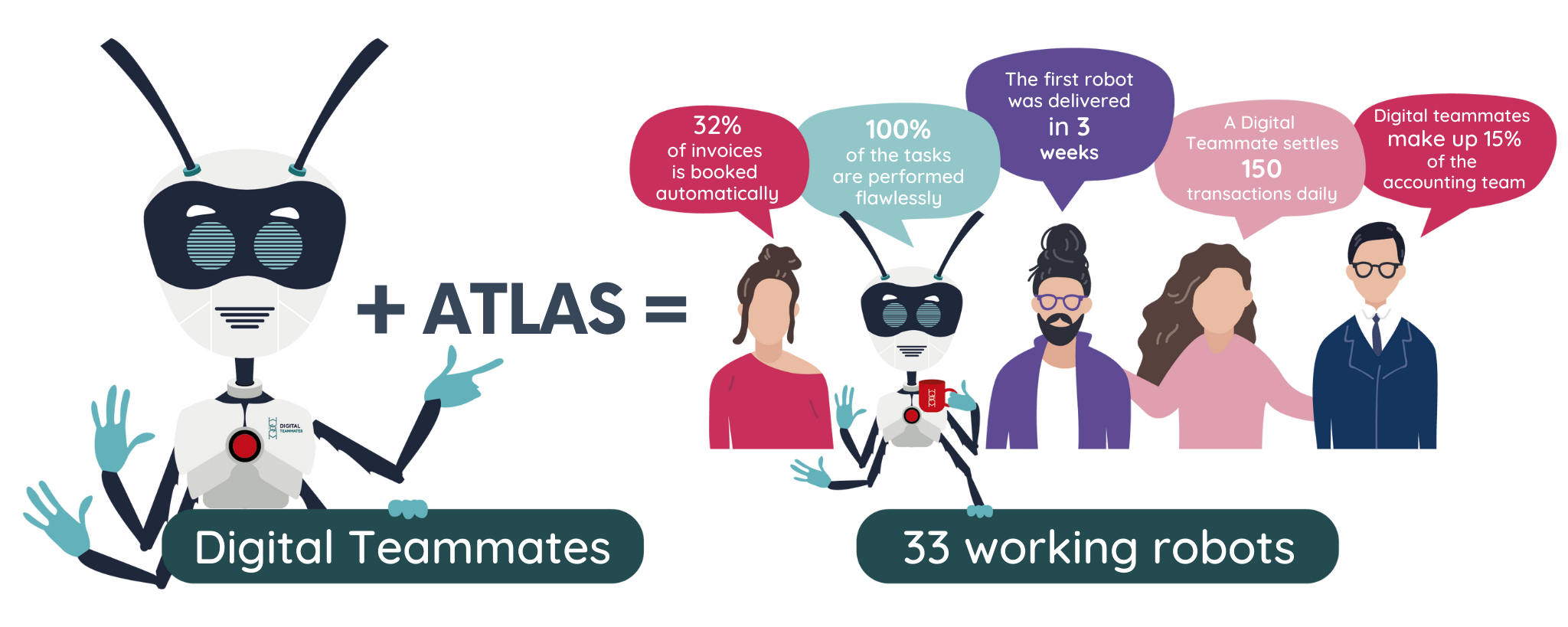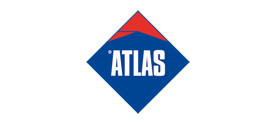Case Study Atlas

32% of invoices are booked automatically in this accounting team – how did they achieve it?
Before you read a more in-depth account of our collaboration with Atlas, you can watch the employees give their opinion about our automation project.
(We did not participate or made any input in the creation of this fantastic video; we are just proud to show it to you 😊)
Almost everyone in Poland – and surely anyone who has ever done some renovating – knows this brand. ATLAS – the biggest Polish manufacturer of construction chemicals, repeatedly awarded with the Golden Building Brand title, simply a leader in the industry.
However, climbing to the top is only half of the success. As once you get there, you have to find a way to stay there. And there are many challenges on the way and new trials keep appearing…
A modern production plant, streamlined and optimised production line, robots working at the conveyor belt – producing and packing goods, stacking it on pallets, virtually without any involvement from humans who would normally perform these exact same routine tasks every day.
In a research lab, a group of engineers invents more improvements and completely new, innovative products. Every day they solve challenges, devise strategies, turn ideas into plans.
Meanwhile in the back office… Every day the office workers receive a pile of invoices to enter into the system, they register orders, book transferred goods, settle heaps of documents. Every now and then they have to work overtime so that they can finish all the tasks for the day. They have many things to do and after some time of copying and pasting data into different systems it is easy to make a mistake. Sometimes they might even start feeling like a robot, just sitting in front of a screen and working.
Managers can see these problems. They know that new technologies support other departments of the company. They are also aware of other, more universal trends they can notice on the market. People are looking for more interesting jobs and opportunities for growth. They want to work in a more creative way rather than do tedious, repetitive tasks. They’ll quit if they start to notice that their professional development halted.
An so the team managers were faced with a question:
What can we do about it?
The image of automated production lines almost immediately came to their minds. If only you could get one of those robots into an office so that it would do the bank account statements since settling them takes a lot of time and no one really likes doing it. And though an industrial robot wasn’t the right candidate for this job, a software robot was simply perfect for it.

However, hiring a whole team of developers, buying licences and preparing IT for the robots to start working would take far too much time, not to mention the costs of the whole project. The solution was needed here and now as the number of documents to process was far from dwindling and the employees still weren’t more motivated.
Then a new option appeared: renting a digital teammate which would be ready for work in a few weeks and wouldn’t need any additional training. Soon Leon – as colleagues from the accounting team named it – started booking the invoices. After a short while Leon was joined by other digital teammates who now place orders in systems, calculate VAT or issue required documents. They even support the marketing team by preparing a daily comparison of product prices in the largest chain stores so that every morning the report is already complete and waiting for an employee.
Leon and the other digital teammates come to work every day, even on the weekends, never complain about their job and they guarantee that data is processed without any errors. They also handle the data faster than humans, which speeds up the whole booking process. In the meantime their human colleagues have more time for analysing the work done and for more interesting and engaging projects. Their workplace has become more stimulating and the workers handle more complex cases, often working together with robots. Moreover, they don’t have to work overtime to stay on top of the increasing volumes.







